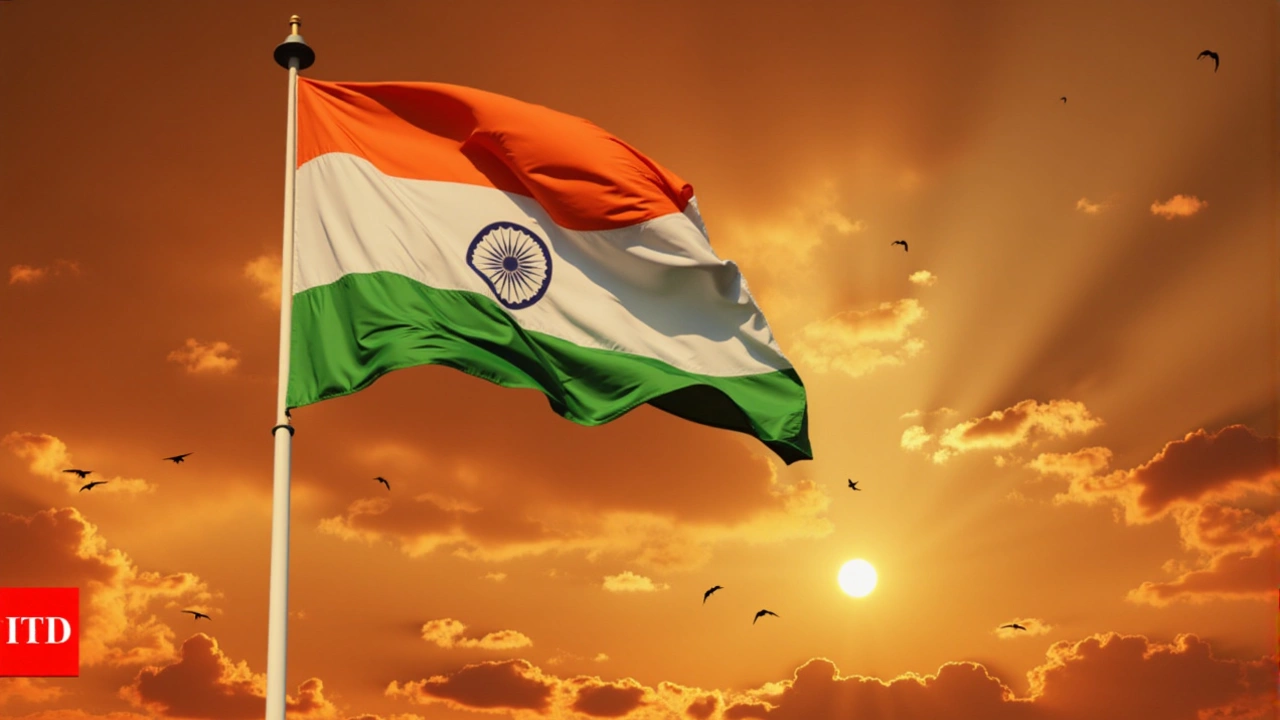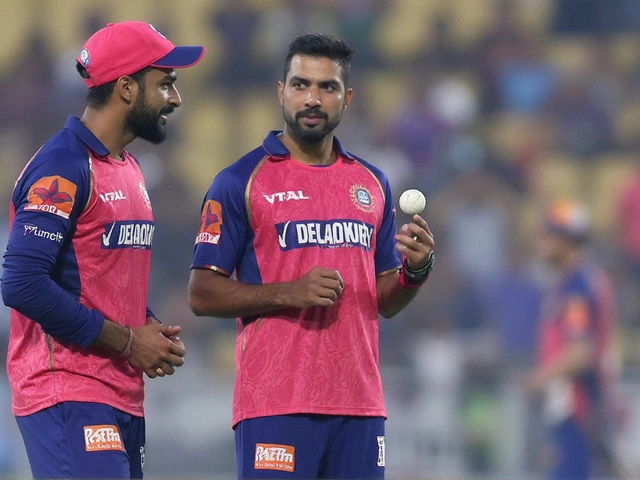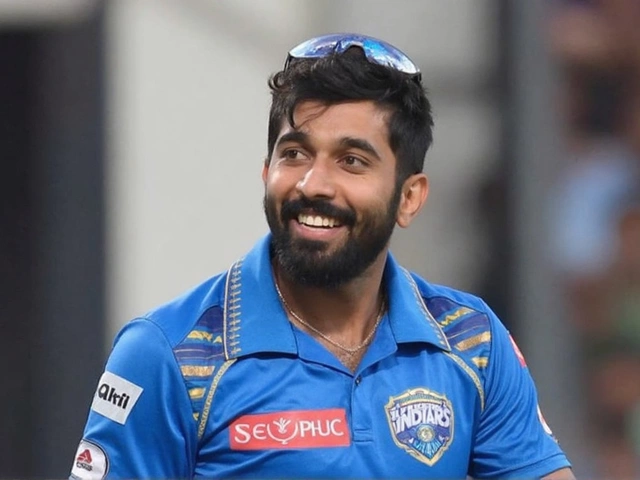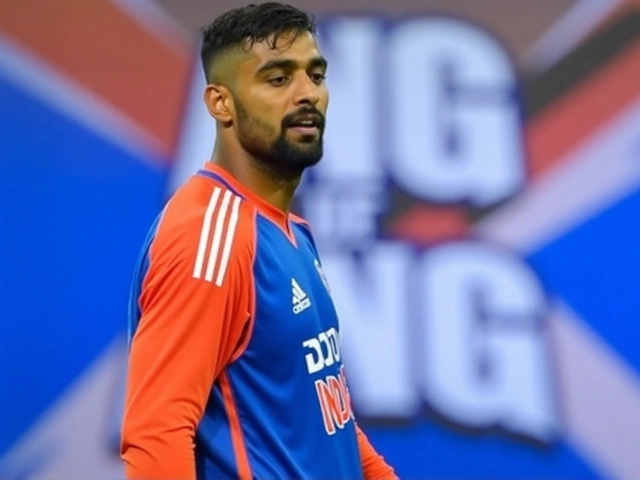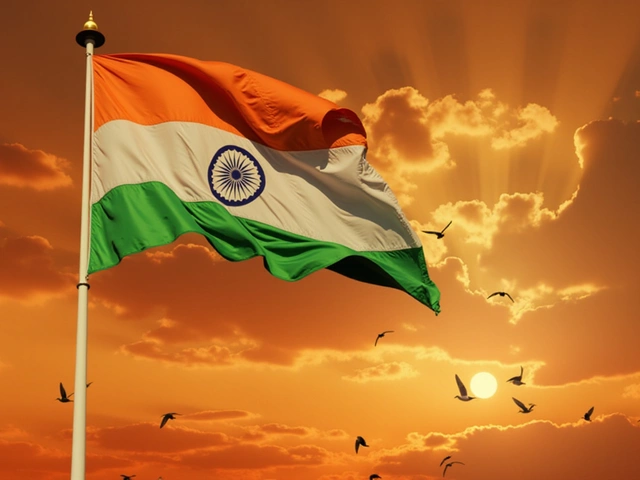The Essence of Republic Day in India
Republic Day stands as one of the most important national holidays in India, celebrated with great enthusiasm and patriotism across the country. Every year on January 26, the nation commemorates an event that marked a significant turning point in its history—the day India became a sovereign, democratic republic. Known for its grandeur and vibrant celebrations, the day marks the adoption of India's Constitution in 1950, solidifying its place as a democratic nation governed by the rule of law. This event is not just about celebration; it is about honoring a massive collective effort by our ancestors to build a free and fair India. The full transition from a British Dominion to a republic, free to make its laws and govern without external influence, underscores the significance of India’s Republic Day, celebrated joyfully and with pride by a billion people.
The significance of January 26 dates back to 1930 when the Indian National Congress, led by the visionary leader Mahatma Gandhi, declared 'Purna Swaraj' or complete independence from British rule. This proclamation laid the foundation for future struggles, and it was a day etched into the memory of every freedom fighter. The enthusiasm, the hardships, the sacrifices, and the determination showcased during the struggle eventually bore fruit on January 26, 1950, as India adopted its own Constitution. On this auspicious day, Dr. Rajendra Prasad, India's first president, unfurled the Indian National Flag with a ceremonial 21-gun salute, symbolizing India's full-fledged membership in the global community of sovereign nations.
Commemorating Democratic Principles and Cultural Diversity
Celebrating Republic Day is not merely about reveling in the achievements of the past; it is also a reaffirmation of the commitment to constitutional values—values that uphold equality, justice, liberty, and fraternity. Each of these principles ensures a vibrant democracy, which India prides itself upon. With the Constitution as their guiding document, the citizens of India are reminded of the rights and duties that come with the privilege of living in a free country. It becomes a day to introspect, to understand the roles of democracy, and to pledge for its protection and enhancement.
Moreover, Republic Day offers a unique platform to display India's cultural extravaganza, typically culminating in grand parades organized in the national capital, New Delhi. These parades showcase a splash of colors and diversity through various tableaux, and performances from different states maintain a rich cultural tapestry that India is celebrated for. The cultural events epitomize national pride, extending a message of unity in diversity. Celebrations are also held in educational institutions, public offices, and across communities, where cultural programs, flag-hoisting ceremonies, and speeches on the national ethos are conducted, instilling a sense of patriotism among citizens.
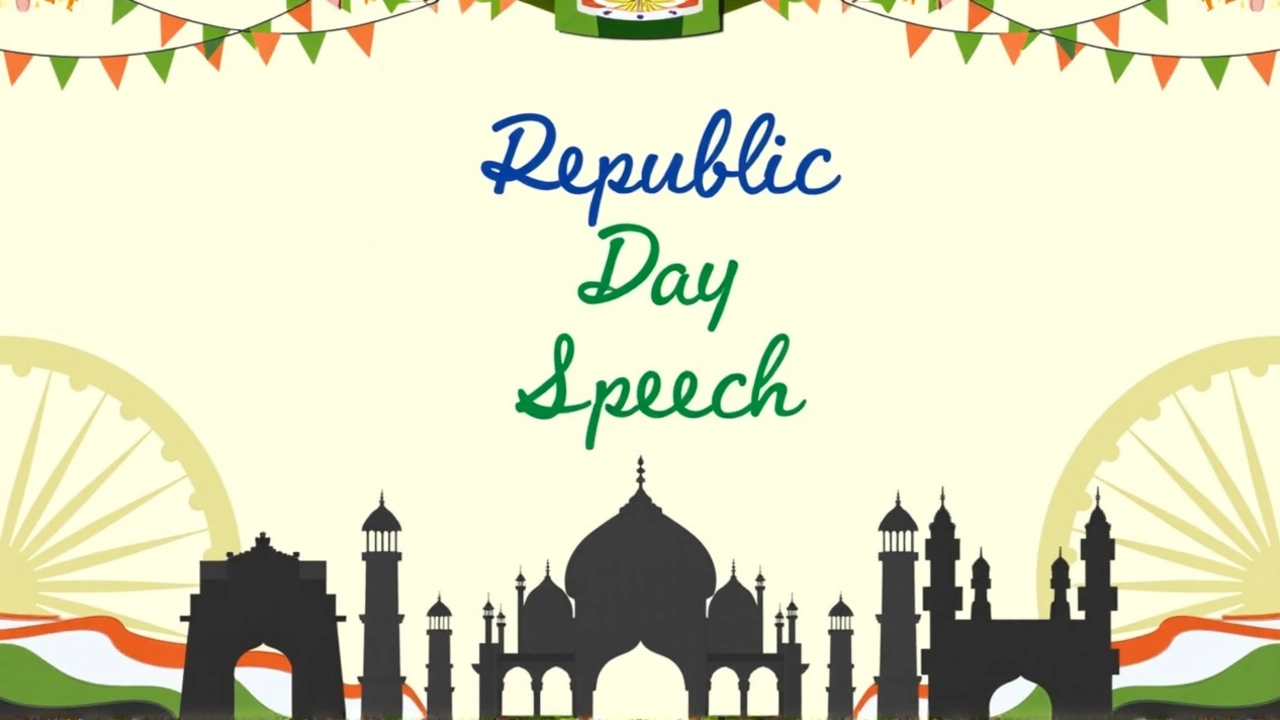
Honoring Our Heroes
Republic Day also serves as an occasion to pay homage to the country's freedom fighters and leaders. Their bravery and sacrifices have crafted the democratic republic India stands as today. On this day rehearsals, awards are given to the military and civilian personnel who have shown exemplary courage and commitment towards the nation's service.Republic Day medals and awards, such as Padma Vibhushan and Kirti Chakras, are also distributed, encouraging the individual's contributions towards society and the nation. Besides recognizing the efforts of known heroes, it becomes important to remember the unsung ones who have toiled equally hard, fighting for justice, equality, and the rightful place of India on the world map.
Republic Day parades include performances by school children, paying tributes to the heroes of the freedom struggle through dance, music, and drama narrating historical events. It's a day when children dress up as freedom fighters and leaders, learning about their contributions in shaping the nation whilst embracing cultural roots and national spirit. The day indeed is an inspiring one with fostering national integration and pride amongst the younger generation, ensuring a participatory democracy in action and spirit.
Fostering Unity and National Pride
The Republic Day celebrations are also an opportunity to promote unity, highlighting the nation's strength through diversity. While India comprises multiple states, languages, and cultures, Republic Day emphasizes the very essence of unification. The coming together of the citizens under one flag, irrespective of their backgrounds, carries forward the vision of Mahatma Gandhi and the founders of modern India. Such unity is an indicator of a thriving democracy, where diverse voices and cultures harmoniously co-exist, complementing each other to form a well-cohesive national fabric.
Television broadcasts of the Republic Day celebrations enable millions of Indians around the globe to witness the celebrations, staying in touch with their roots. The shared stories of bravery, courage, and the visionary efforts of making India a republic resonate with people irrespective of their geographical location, fostering a sense of belonging and responsibility to uphold the tenets of democracy.
The celebration is always a reminder of the struggles, with memories of past sacrifices always fresh in the hearts of people. It further becomes a day to inspire individuals and communities to work collectively towards nation-building. With a strong focus on Development, Innovation, and Inclusion, Republic Day becomes a cornerstone in reinforcing national pride. Today, as India stands as one of the world's largest democracies, it is a proud, forward-looking nation, deeply rooted in its rich history and diverse culture, while constantly evolving to embrace growth and technological advancements.
